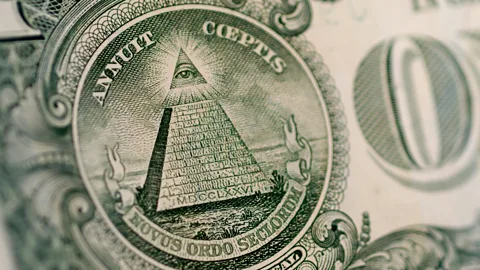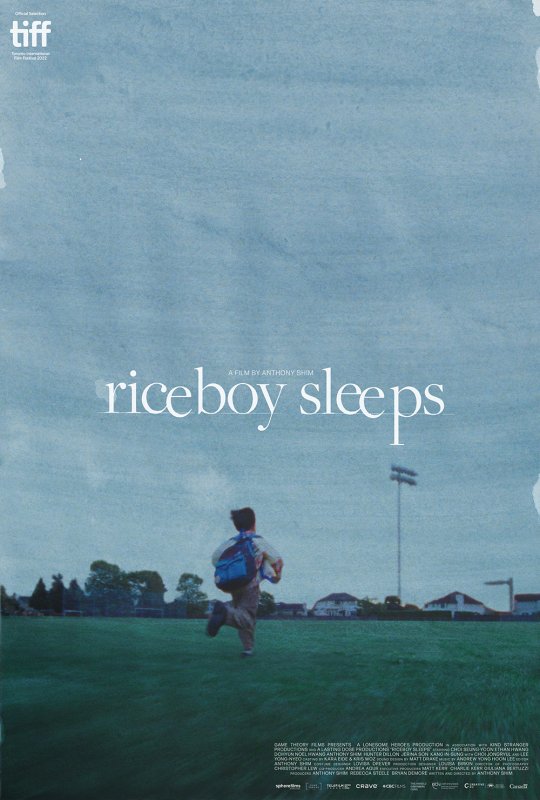The Truman Show: A Crystal Ball Gazing at Our Curated Reality?
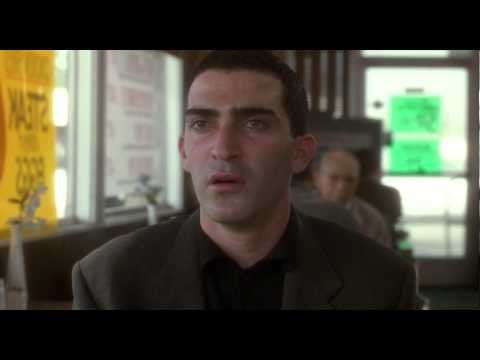
Peter Weir's 1998 film, The Truman Show, starring Jim Carrey, is more than just a darkly comedic drama. It's a prescient piece of social commentary that continues to resonate, arguably even more powerfully, in our hyper-connected, hyper-mediated world. While ostensibly a story about a man unknowingly living his life as the sole subject of a 24/7 reality television show, the film has spawned numerous conspiracy theories. But rather than focusing on the more outlandish claims, let's delve into the unsettling accuracy with which The Truman Show anticipated the rise of reality television, social media surveillance, and the pervasive desire for curated online personas. Is The Truman Show prophetic, or did it simply highlight trends already bubbling beneath the surface of late 20th-century society? This question, and the film's enduring relevance, is what fuels the conspiracy theory that it's less fiction and more a distorted mirror reflecting our own reality.
The Rise of Reality: Did The Truman Show Set the Stage?
One of the central arguments of the Truman Show conspiracy centers on its perceived role in normalizing, or even predicting, the explosion of reality television. While reality TV existed before 1998, it was still in its nascent stages. The Real World was pioneering the genre, but the saturation of reality programming we see today—from dating shows to cooking competitions to "housewives" franchises—was largely unimaginable.
The Truman Show presented a world where every aspect of a person's life was meticulously orchestrated for the entertainment of a global audience. Truman's reactions, his relationships, his very existence were commodified and consumed. This fictional scenario, dismissed by some as outlandish at the time, now feels eerily familiar. Consider the pervasive nature of shows like Big Brother, where contestants are constantly surveilled and their interactions broadcast for public consumption. Or the countless makeover shows that capitalize on individuals' insecurities and desires for external validation.
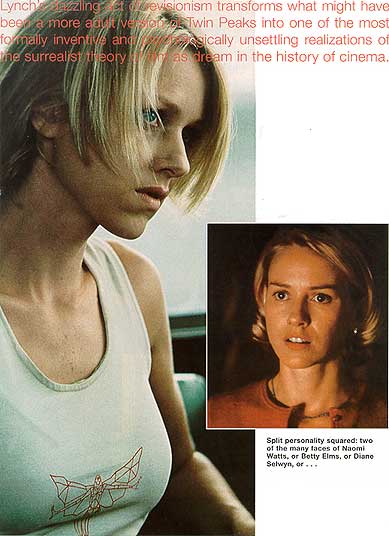
The film's critique extends beyond simply showcasing the existence of reality TV. It questions the ethics of such programming, the psychological impact on the participants, and the voyeuristic tendencies of the audience. As cultural critic Mark Andrejevic notes in his work on surveillance and reality TV, the blurring of lines between public and private spheres raises serious concerns about individual autonomy and the potential for exploitation. The Truman Show, through its exaggerated narrative, forced viewers to confront these questions long before they became mainstream concerns.
Social Media: The Ultimate Truman Show?
The conspiracy deepens when we consider the parallels between Truman's artificial world and the curated realities we construct on social media. Platforms like Instagram, Facebook, and TikTok encourage users to present idealized versions of themselves, often filtered and manipulated to project a specific image. We carefully select photos, craft witty captions, and curate our online personas to gain validation and approval from others.
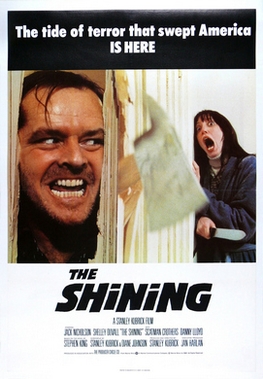
In The Truman Show, Truman is unaware that his life is a performance. In our own lives, we are often acutely aware of the performative aspect of social media, yet we participate nonetheless. We become both the Truman and the Christof (the show's creator) of our own lives, simultaneously living within a constructed reality and meticulously crafting that reality for an audience.
The film also touches upon the issue of surveillance capitalism, a concept explored by Shoshana Zuboff in her book, The Age of Surveillance Capitalism. In Truman's world, every aspect of his life is monitored and used to generate profit. Similarly, social media companies collect vast amounts of data on their users, which is then used to target them with personalized advertising. We are constantly being watched, analyzed, and manipulated, often without our explicit knowledge or consent.
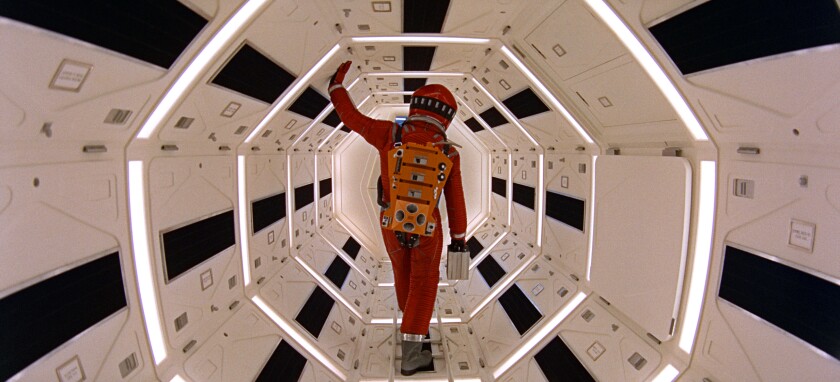
The Unsettling Symbolism of Seahaven
The fictional town of Seahaven, where Truman lives, is a crucial element in understanding the film's predictive power. It's a meticulously designed, idyllic community that masks a deeper sense of artificiality and control. Every street, every house, every interaction is carefully orchestrated to maintain the illusion of a perfect life for Truman.
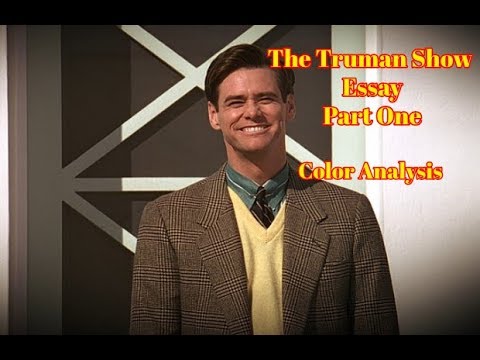
This manufactured environment can be seen as a metaphor for the "filter bubbles" that we inhabit online. Social media algorithms curate our news feeds and search results based on our past behavior, creating echo chambers that reinforce our existing beliefs and limit our exposure to diverse perspectives. We become trapped in our own version of Seahaven, surrounded by people and information that confirm our biases and shield us from uncomfortable truths.
Furthermore, the very name "Seahaven" hints at a desire for safety and security, a yearning for a simpler, more predictable world. This desire is exploited by both Christof in the film and by social media companies in our own lives. They offer us a sense of belonging and connection, but at the cost of our autonomy and critical thinking.
Truman's Escape: A Call to Action?
The film's climax, where Truman finally confronts Christof and escapes from Seahaven, is perhaps the most hopeful aspect of the story. It suggests that even in the face of overwhelming surveillance and control, it is possible to break free and reclaim one's own reality.
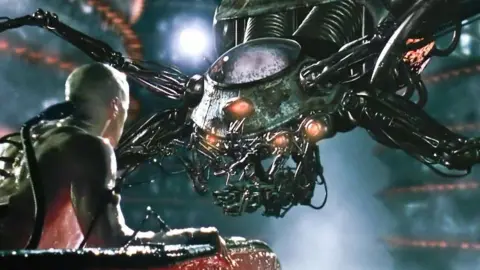
However, the ending also raises questions about what lies beyond Seahaven. Is the "real world" truly any more authentic, or is it simply a different form of constructed reality? The film doesn't offer easy answers, but it does encourage us to be critical of the narratives we consume and the environments we inhabit.
In the context of the Truman Show conspiracy, Truman's escape can be interpreted as a call to action. It urges us to question the algorithms that shape our online experiences, to resist the pressure to conform to unrealistic ideals, and to seek out authentic connections beyond the curated realities of social media.
Conclusion: The Enduring Relevance of The Truman Show
Whether The Truman Show is a genuine example of predictive programming or simply a well-crafted satire is a matter of debate. However, its enduring relevance in the age of reality television, social media, and surveillance capitalism is undeniable. The film's exploration of themes such as authenticity, autonomy, and the ethics of entertainment continues to resonate with audiences, prompting them to question the nature of their own realities. The Truman Show's influence on popular culture and its continuing exploration in various academic circles only solidify its position as a touchstone for understanding the complexities of modern society.

By examining the film's specific elements – from the rise of reality TV to the curated nature of social media and the unsettling symbolism of Seahaven – we can gain a deeper understanding of the forces that shape our perceptions and influence our behavior. So, the next time you scroll through your Instagram feed or binge-watch a reality show, take a moment to consider: are you living in your own Truman Show? And if so, what are you going to do about it?
